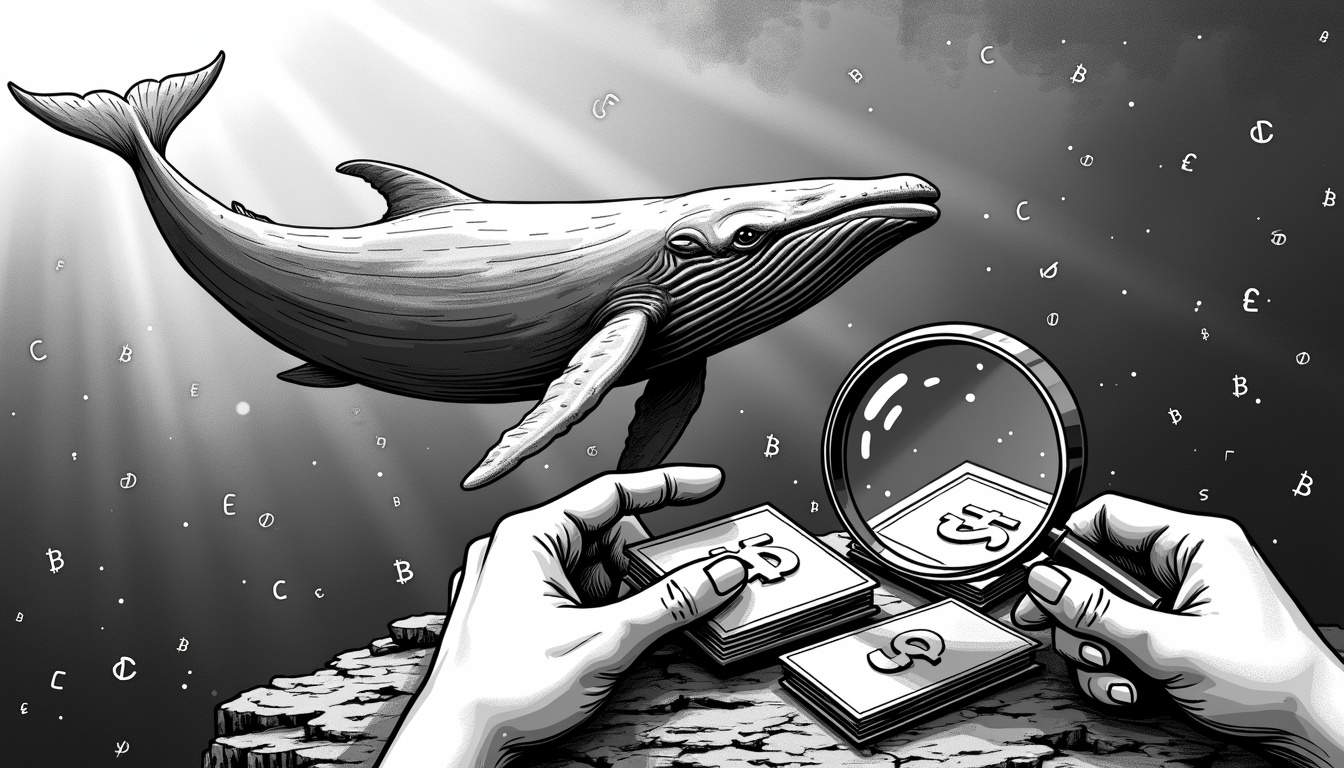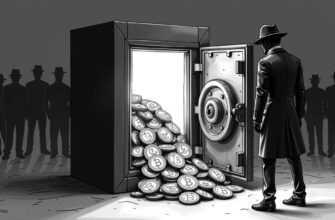The crypto world is buzzing about PEPE, right? This little frog-themed memecoin has taken off like a rocket, especially after getting listed on big platforms like Coinbase and Robinhood. But as with all things in crypto, there’s more to the story—like how whales are playing their usual games and what it all means for the future of these coins. Let’s dive into it.
The Exchange Effect on Crypto Betting
First off, let’s talk about those major exchanges. When PEPE got listed on Coinbase and Robinhood, it was like someone flipped a switch. Suddenly, everyone wanted in. These exchanges lend a certain credibility that smaller ones just can’t match. For many folks out there, just seeing PEPE available on these platforms is enough to convince them it’s going places—kind of like crypto betting without the actual betting exchange crypto involved.
And let’s not forget about the online crypto sports betting platforms that have popped up. They’re making it super easy for people to place their bets on which way prices will swing next. These sites are designed for speculation and hype, and they’re doing a bang-up job at it.
Whales: The Masters of Profit-Taking
Now onto the whales—the big fish in this pond who know exactly how to play the game. Their strategy? Buy low, sell high—and they do it in massive quantities that can send prices soaring or crashing in an instant.
Take one whale who made headlines recently: he turned $2 million into $45 million! He bought 2 trillion PEPE tokens over several months and then deposited 500 billion into Coinbase to cash out. That’s some serious profit-taking right there! Even after such a massive listing event, some whales are still accumulating PEPE—talk about conviction.
The Dark Side: Wallet Blacklisting
But not everything is sunshine and rainbows in crypto land. One practice that’s raising eyebrows is wallet blacklisting. It’s when developers decide certain wallets can’t trade anymore—usually because they’ve been marked as malicious or problematic.
One infamous case involved a whale who turned $26 into $61 million with PEPE but got blacklisted by the devs! Now he can’t sell his tokens! This kind of action poses ethical questions—is it okay for developers to have that much control?
Plus, there’s a privacy angle here too; blacklisting can expose users to risks like doxxing or harassment. And let’s be real—crypto was supposed to be about decentralization and self-sovereignty!
Are Memecoins Here to Stay?
So what does all this mean for memecoins like PEPE? Well, if history teaches us anything, it’s that most of these coins lack any real intrinsic value or utility—they’re basically just social media hype machines waiting to crash down when sentiment shifts.
For them to stick around longer than just a speculative bubble, they’ll need something more—maybe some real-world applications or ecosystems that don’t rely solely on short-term hype cycles. Some older coins like Dogecoin seem to have found a way by becoming community favorites with charitable causes attached.
Final Thoughts
Investing in memecoins is risky business—high volatility coupled with zero intrinsic value makes for an exhilarating ride but also one fraught with danger. If you’re considering jumping into this arena, make sure you do your homework first!
As for me? I’m keeping an eye on things from afar…








